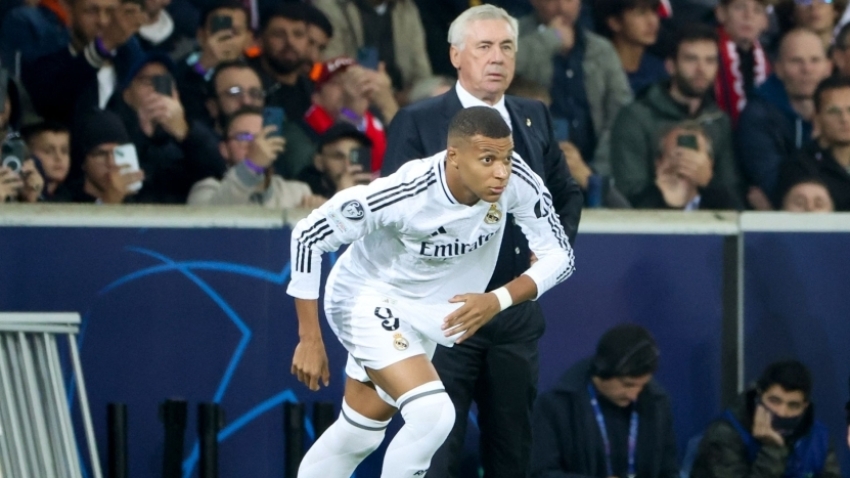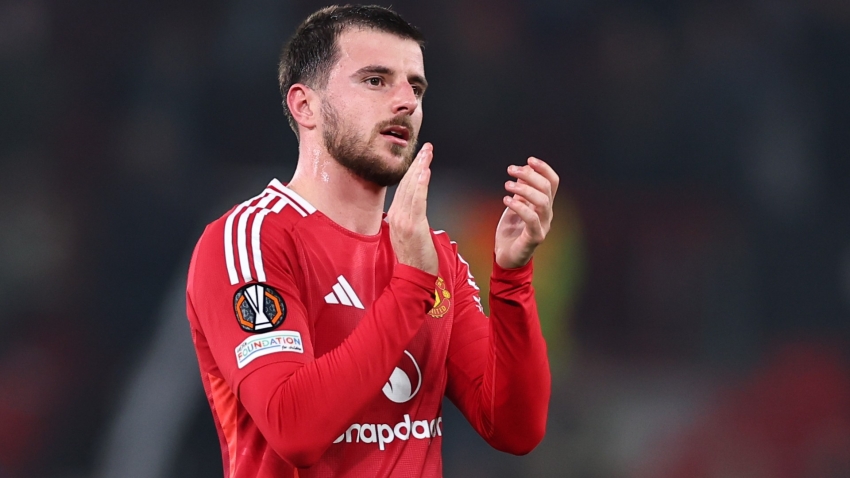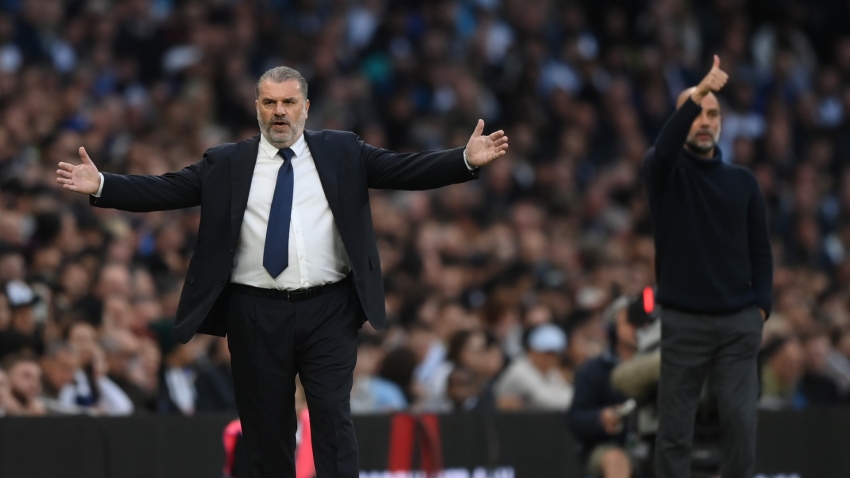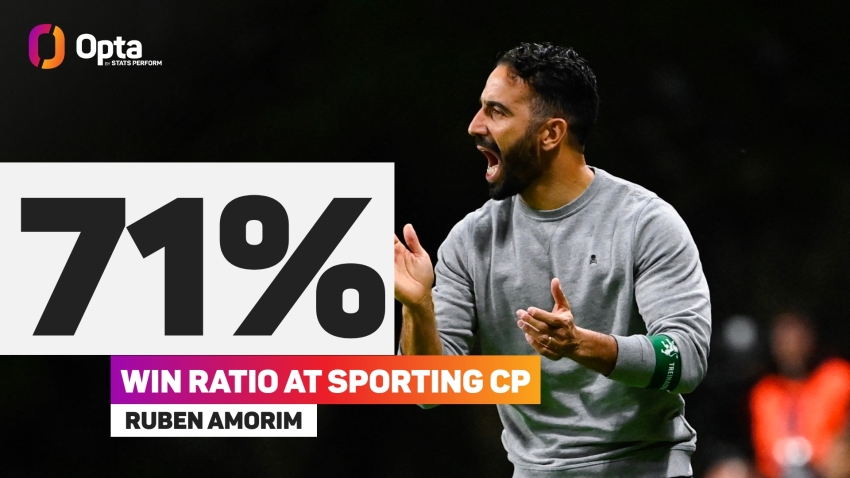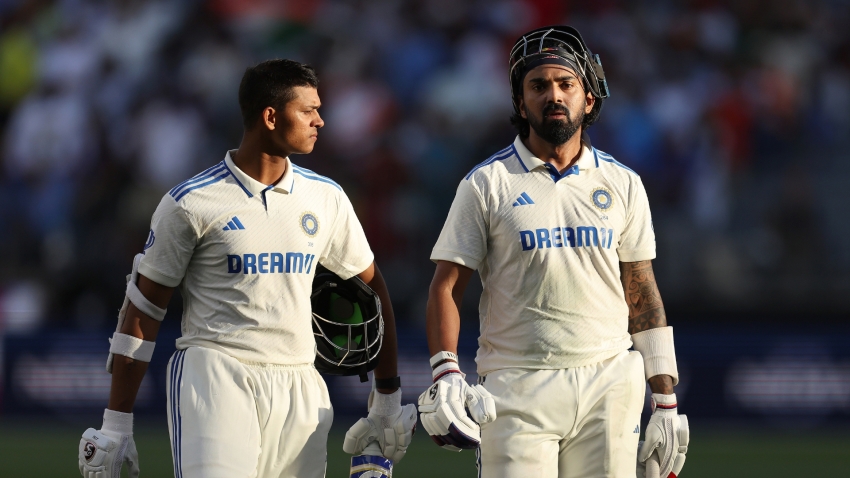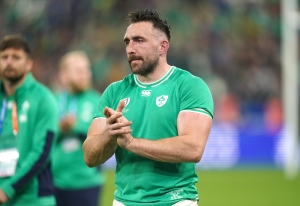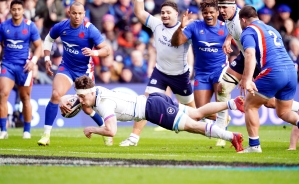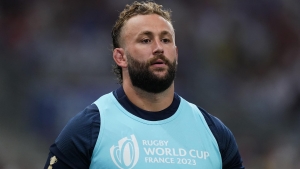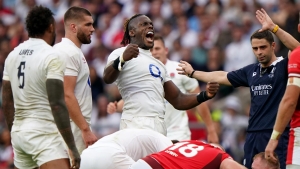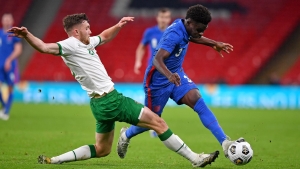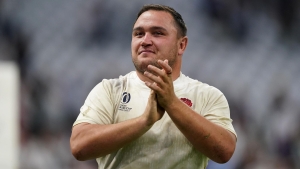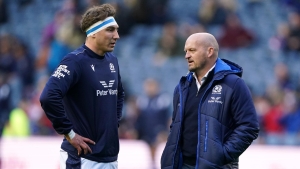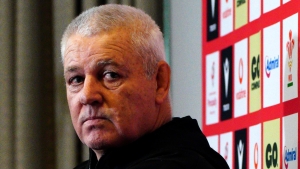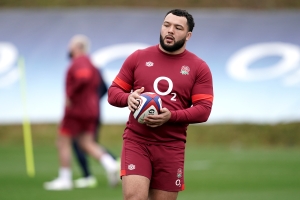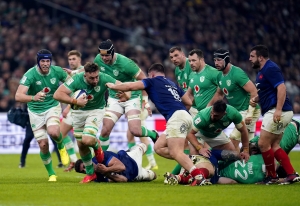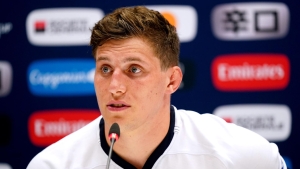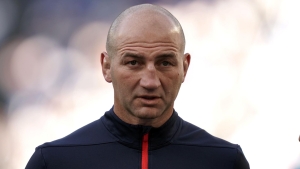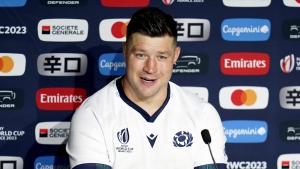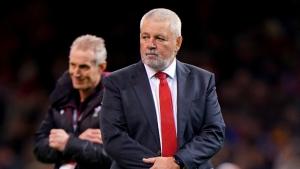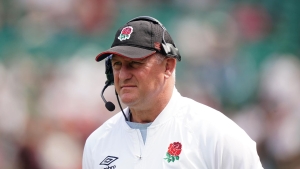Wales boss Warren Gatland says that Twickenham is a stadium he has “loved going to” and does not find the home of English rugby an intimidating venue.
Wales have lost on their last seven Twickenham visits, while it is 12 years since they won a Six Nations game there.
Gatland’s record, though, is impressive, masterminding a European Cup and three Premiership final victories there with Wasps, in addition to memorable Wales triumphs in the 2008 and 2012 Six Nations tournaments, plus a 2015 World Cup win.
Saturday’s Six Nations encounter is also England’s first appearance at Twickenham since Fiji beat them in a World Cup warm-up game last summer and Steve Borthwick’s team were booed off.
“The first four times I went there, we won – three Premiership finals and a Heineken Cup final. I don’t find it intimidating at all!” Gatland said.
“It is great when you come in through the gates and everyone is outside and you’ve got the fans there. It is a great stadium to enter.
“I love the atmosphere, and it is even more special if you can walk away with a win. That is not easy to do.
“It is a stadium that I have loved going to. For me, it doesn’t hold any trepidation.
“For us, it is about starting well and stopping the crowd singing ‘Swing Low, Sweet Chariot’ too early. Silence them a bit – that becomes an important factor.”
Wales launched their Six Nations campaign with a 27-26 home defeat against Scotland, although they scored 26 unanswered points and threatened a record tournament fightback.
Gatland has made seven changes from that match, including selecting a new front-row, while centre George North returns from injury for his 50th Six Nations appearance and Ioan Lloyd makes a first Wales start as fly-half.
England were tested by Italy in Rome before securing a 27-24 win in their opener, and Borthwick has named an unchanged team, with Cardiff-born Exeter wing Immanuel Feyi-Waboso again among the Red Rose substitutes.
Pre-Six Nations speculation proved intense about where Feyi-Waboso’s international future could lie – England or Wales.
Asked if Feyi-Waboso’s selection provided any added spice this weekend, Gatland gave an emphatic response, adding: “We haven’t even spoken about him.
“No, it doesn’t add any extra spice. None of our tactics have mentioned his name or anything.
“There are a lot of players from both countries who are dual-qualified. Good luck to him. I hope things go well for him.
“I think it is two teams going through similar transitions in terms of the squad. It is a great game, it is the tradition and the history of it.
“From my experience, seeing the players interact afterwards and seeing players on Lions tours, everyone talks about hating the English, but I have always seen just how close the Welsh and English players get on.
“That is something I am looking forward to, the respect I have, too. I had a great four years in London – I loved my time there and coached some great players. I go there really looking forward to the challenge.”
North is the only player in Gatland’s matchday 23 to have featured in a successful Wales team at Twickenham, and with 119 caps, he has more than twice as many as any of his team-mates on Saturday.
“I think his 50th game in the Six Nations is a fantastic achievement,” Gatland said.
“What he brings to the squad is that experience, calmness and a voice. He communicates really well with the group and is really well respected.
“I think he’s still got a few more years left in him as well. He has had his ups and downs with injury as well, but he looks in pretty good nick.
“I just hope that (midfield) combination with him and Nick (Tompkins) can flourish like it did in the World Cup.”






